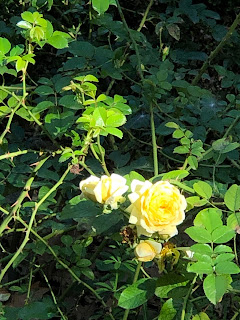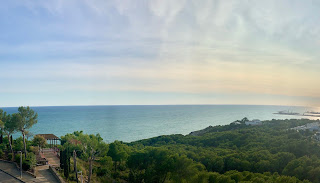La pregunta pertany a la branca de la metafísica, ja que busca criteris bàsics per determinar quins tipus de coses són reals. El destí i la casualitat són coses mentals, físiques i abstractes. Throughout our lives, we meet people who bring us experiences, feelings, values, etc. Just as we unwittingly contribute to others. Part of our life is chosen by us, our attitude, our work, our friends, etc, build our future. But what is external to us, we cannot control. Then, are we destined to meet the people we meet throughout our lives? Is our destiny programmed from the beginning of our existence? Are we the result of destiny or chance? Is our life a set of coincidences, combinations of unforeseen be broken? Or does fate prevent us from breaking it? Our day to day is usually scheduled, but not two days are the same. What makes them different is fate or chance? These questions cannot be answered exactly, as the answer could not be demonstrated. Inés Larraz















































